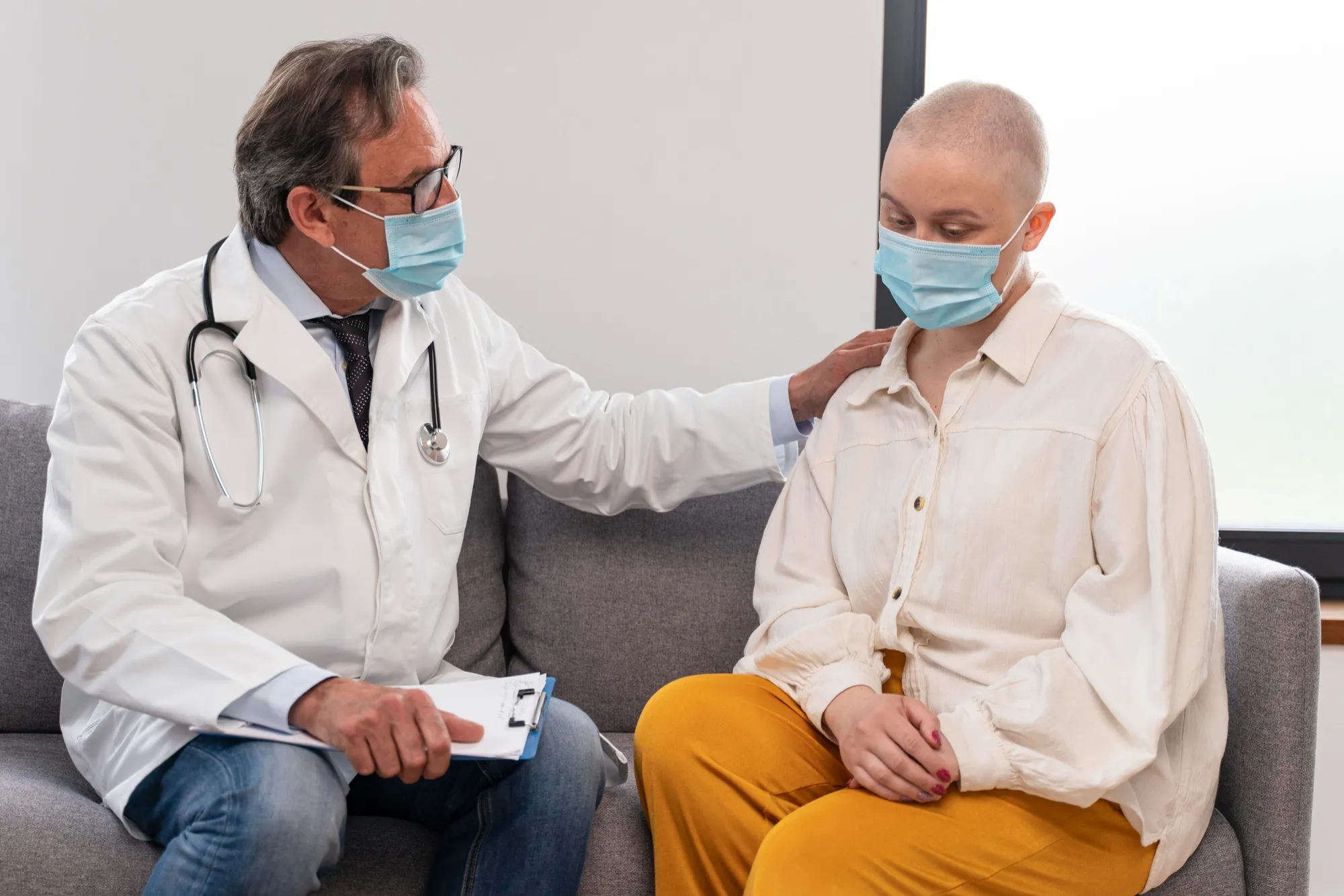As the global population ages, the incidence of cancer among older adults continues to rise, making the integration of oncological treatment with geriatric assessment an increasingly critical area of medical research. Recently, Johanneke J. Portielje and Frederiek F. van den Bos published an editorial in the Journal of Geriatric Oncology emphasizing the significance of comprehensive geriatric assessment (CGA) in treating elderly cancer patients. The editorial, titled “Increasing the evidence for comprehensive geriatric assessment,” notably addresses the growing body of evidence supporting the effectiveness of CGA in the clinical oncology setting for older adults.
DOI: 10.1016/j.jgo.2023.101702
Keywords
1. Comprehensive Geriatric Assessment
2. Geriatric Oncology
3. Elderly Cancer Care
4. Oncology Best Practices
5. Geriatric Assessment Evidence
Geriatric oncology constitutes a specialized domain that intersects gerontology and cancer treatment, aiming to deliver optimal care tailored to the unique needs of older adults with cancer. The editorial by Portielje and van den Bos, through its comprehensive analysis and projections, highlights the value of employing CGA to improve outcomes for this sensitive patient demographic.
Understanding Comprehensive Geriatric Assessment (CGA)
CGA is a multidisciplinary diagnostic process that evaluates an older individual’s medical condition, functional ability, mental health, and socio-environmental circumstances. By adopting this approach, healthcare providers can devise personalized treatment plans that not only target the cancer but also consider the broader health context of the patient. It encompasses a variety of domains, including cognitive function, nutritional status, social support, comorbidities, and physical capabilities.
The Research Behind CGA
Despite the conceptual soundness of CGA, the editorial underscores the necessity for more robust clinical evidence to back its integration into routine oncological practice. The authors argue for the expansion of research efforts to gather data that unequivocally demonstrates the utility and cost-effectiveness of CGA in managing elderly patients with cancer.
Benefits of CGA Integration
Several studies have already pointed to the benefits of incorporating CGA in oncology. These include improved diagnosis, better treatment decision-making, enhanced quality of life, and, in some cases, increased survival rates. Geriatric assessments can help oncologists distinguish between patients who can withstand aggressive treatments and those who may benefit from a palliative approach, thereby avoiding overtreatment and unnecessary side effects.
Challenges and Recommendations
Despite the growing evidence for CGA, multiple challenges hinder its widespread adoption. Resource allocation, lack of trained geriatric staff, and time constraints are among the hurdles that healthcare institutions encounter. Furthermore, there is a need for standardization in the implementation of CGA to ensure consistent and effective practice. The editorial by Portielje and van den Bos calls for enhanced training for oncologists in geriatrics and the development of more streamlined procedures to facilitate CGA in busy clinical environments.
Moving Forward with Evidence-Based Practice
To improve the evidence base surrounding CGA, the editorial suggests several directions for future research. These include large-scale prospective studies, cost-benefit analyses, and investigations into the impact of CGA on long-term outcomes. By identifying successful implementation strategies and quantifying the benefits of CGA, these studies can provide the foundation needed for widespread adoption in oncological care.
Conclusion
The editorial “Increasing the evidence for comprehensive geriatric assessment” serves as a timely reminder to the oncology community of the value of CGA. While significant strides have been made in understanding its benefits, there’s an imperative need for continued research to solidify its role in geriatric oncology. Through their call to action, the authors emphasize the importance of optimizing cancer care for the aging population, a goal that requires the synergy of expertise in both oncology and geriatrics.
References
1. Portielje, J. J., & van den Bos, F. (2024). Increasing the evidence for comprehensive geriatric assessment. Journal of Geriatric Oncology, 101702. https://doi.org/10.1016/j.jgo.2023.101702
2. Pallis, A. G., Fortpied, C., Wedding, U., van Nes, M. C., Penninckx, B., Ring, A., … & Repetto, L. (2010). EORTC elderly task force position paper: approach to the older cancer patient. European Journal of Cancer, 46(9), 1502-1513.
3. Extermann, M., Aapro, M., Bernabei, R., et al. (2005). Use of comprehensive geriatric assessment in older cancer patients: Recommendations from the task force on CGA of the International Society of Geriatric Oncology (SIOG). Critical Reviews in Oncology/Hematology, 55(3), 241-252.
4. Hurria, A., Togawa, K., Mohile, S. G., et al. (2011). Predicting chemotherapy toxicity in older adults with cancer: a prospective multicenter study. Journal of Clinical Oncology, 29(25), 3457-3465.
5. Wildiers, H., Heeren, P., Puts, M., et al. (2014). International Society of Geriatric Oncology consensus on geriatric assessment in older patients with cancer. Journal of Clinical Oncology, 32(24), 2595-2603.
